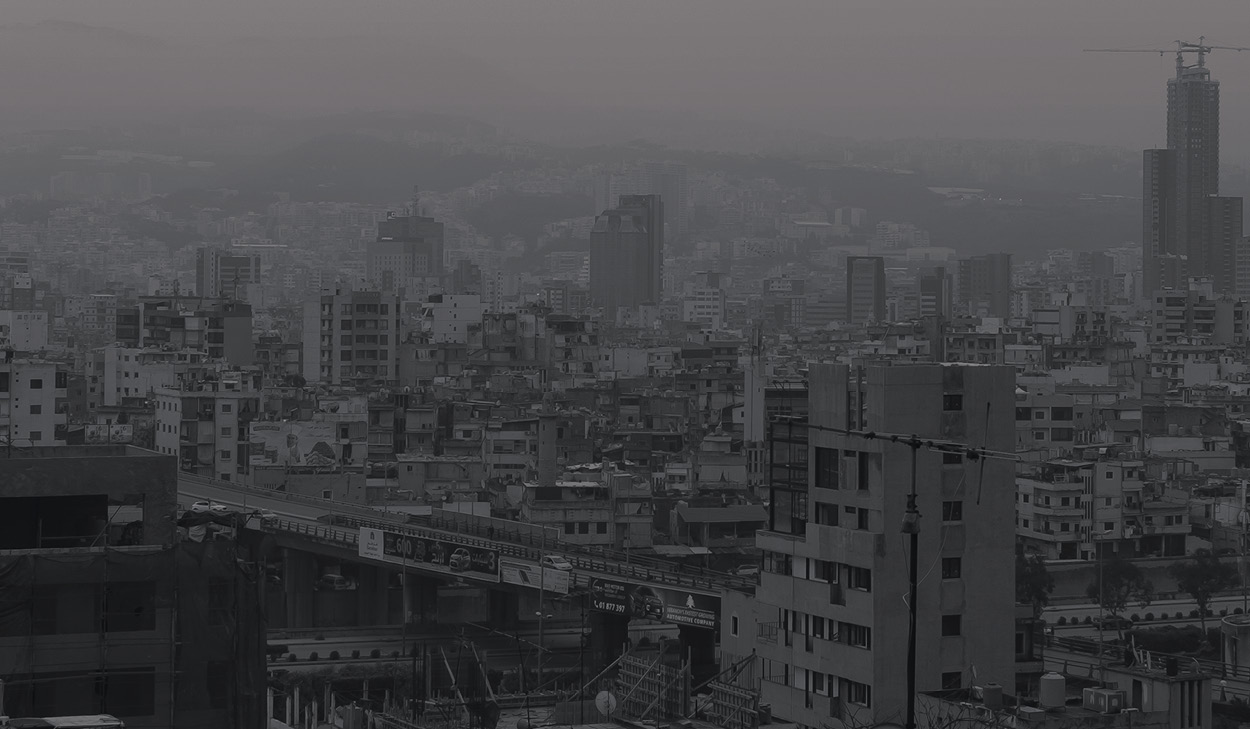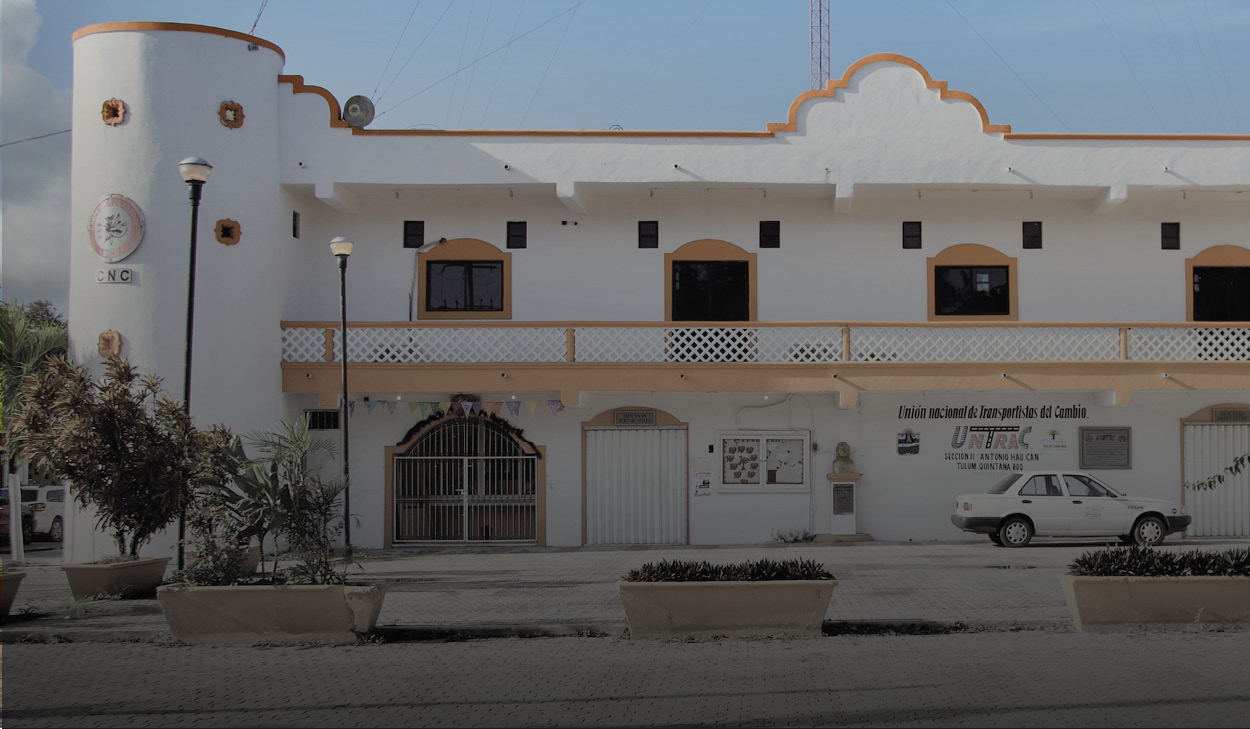Criminal groups have experienced reduced revenue in the Covid-19 lockdown period. As criminals look to bolster their diminishing income in the coming months, they will likely aim to intensify and diversify extortion and kidnap activities, writes Erin Drake.
In Latin America, the Covid-19 outbreak has negatively impacted several criminal groups’ ability to carry out their operations, including extortion and kidnapping. Thousands of business closures and widespread restrictions on movement have largely reduced their opportunity to extort companies and stage kidnappings through traditional methods. However, as businesses reopen and restrictions on movement are lifted, these groups will likely seek to make up for this loss of income.
EXTORTION
Extortion comprises one of the most consistent revenue streams for cartels and other criminal groups. They typically target market vendors and small local businesses operating in cartel-controlled areas. However, thousands of these small businesses have suspended operations, or closed entirely as a result of lockdown measures and a related loss of income. Some cartels, such as those operating in Rio de Janeiro State in Brazil, have tried to force businesses to continue trading despite orders for closure issued by government authorities. Other groups in Mexico have sought to charge extortion fees to businesses that have suspended operations, in exchange for ‘protecting’ their assets during lockdown.
Cartels will likely seek to expand their range of extortion targets to continue generating enough income from extortion during and after lockdown. Such targets may include wealthier individuals, such as businesspeople, or larger businesses which have survived the outbreak and retain enough cashflow to be able to pay extortion fees. For example, in Mexico authorities have reported increased cases of criminals targeting larger companies during the outbreak, including a five-star hotel in Mexico City.
CYBERCRIME
Cartels and criminal groups have also attempted to diversify their extortion schemes. Amid a spike in online activity during lockdown, online extortion schemes have proliferated in Latin America. In Costa Rica, cyber criminals extorted bitcoin payments from victims through COVIDLock, a fake interactive map application. The application was marketed as a display of the Covid-19 spread in the country, but hijacked the user’s device and data once downloaded. Amid suspensions of non-essential services, Honduran gangs have increasingly used drivers for ride-hailing services to collect extortion payments. In Guatemala, Puerto Rico and Mexico, criminals have exploited fears over the virus by posing as health workers or public officials to obtain personal information from victims via phishing campaigns. The information can be used to target individuals and companies in extortion or identity fraud. Such activities will likely increase in the coming months, as criminals seek alternate means of reaching victims.
KIDNAP FOR RANSOM
In a number of Latin American countries, including Venezuela, Argentina and Mexico, reported kidnappings have decreased slightly since early 2020. Restrictions on movement have largely reduced access to available targets, as many express kidnappings and kidnappings for ransom are usually carried out opportunistically on public transport or in the street. Widespread loss of income has likely also decreased the amount of ransom that victims’ families are able to pay, particularly for local nationals.
Although local nationals will remain their primary targets of kidnap, it is feasible that in the post-Covid-19 period, criminals aiming to bolster their income may be emboldened to target victims with higher levels of perceived wealth. These targets can include businesspeople, tourists and foreign nationals employed by major companies. They are also likely to increase their engagement in other forms of kidnapping, such as virtual kidnappings, to make up shortfalls in revenue. In Mexico’s Zacatecas State, for example, several municipalities have noted a drastic increase in virtual kidnappings.
RETURN TO NORMAL
As the outbreak subsides and lockdown measures are lifted, pre-Covid opportunities for extortion and kidnap for ransom activities will re-emerge. However, as cartels and other criminal groups urgently try to make up lost income in the coming months, if is feasible that they will need to increase and diversify such activities. This may also trigger an increase in their use of violence as a tactic to ensure that extortion or ransom payments are made. As security forces continue to be diverted to Covid-19 relief efforts, criminals will also likely take advantage of the reduced security presence in certain areas to carry out increased extortion and kidnap activities with impunity.
CARTELS RESPOND TO COVID-19: ENFORCERS AND PROVIDERSDuring the outbreak, cartels have acted as enforcers of lockdown measures and unilaterally implemented curfews in their areas of control. They have also sought to improve their community relations through distributing aid where the government has failed to do so.
In Colombia, dissident Fuerzas Armadas Revolucionarias de Colombia (FARC) militants in Nariño threatened violence against residents who defy government-imposed lockdown measures. The Ejército de Liberación Nacional (ELN) has killed several people who they accuse of violating lockdown measures in the northern Catatumbo region. Venezuela’s ‘colectivos’ – armed groups – implemented unilateral lockdowns in their areas of control before the government announced such measures. Similarly, in Brazil, the Comando Vermelho gang, which controls Rio de Janeiro’s favelas, imposed local curfews and banned tourists from entering the townships.
In Jalisco, Mexico, the Cártel Jalisco Nueva Generación (CJNG) has distributed boxes of food and supplies to residents. In Colombia, Medellin’s local gangs, known as ‘combos,’ met with Medellin’s city council to coordinate aid distribution measures, after successfully providing sanitiser, food and medical supplies to several neighbourhoods. |




 Email Erin
Email Erin





 @SRMInform
@SRMInform
 S-RM
S-RM
 hello@s-rminform.com
hello@s-rminform.com

